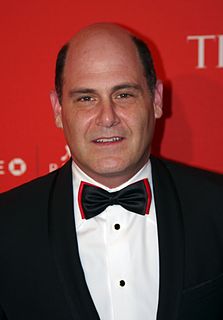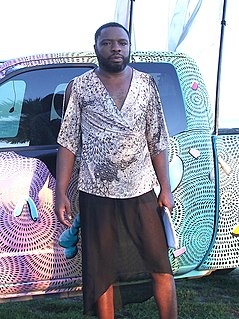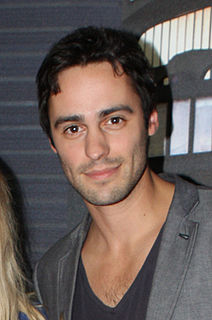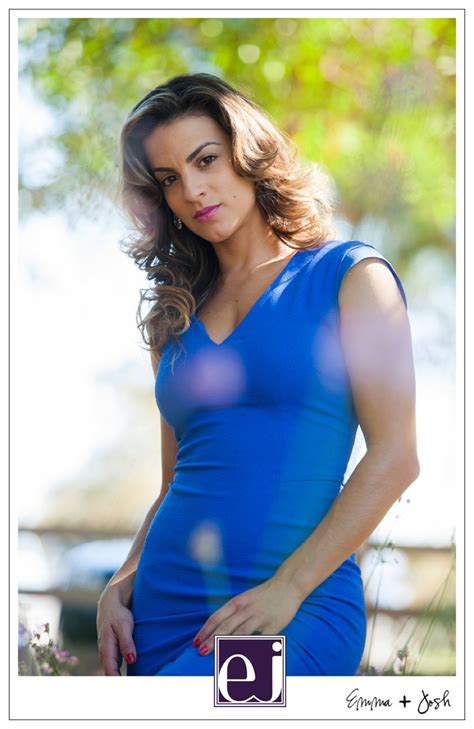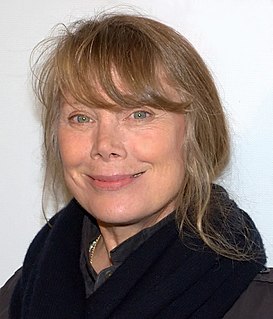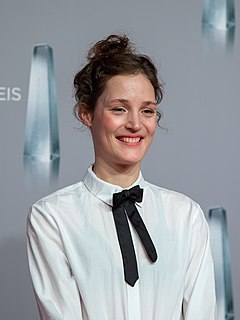A Quote by Camille Henrot
I'm interested in making works for museums in a way that make the space feel domestic, and I'm always thinking about how this work will be part of someone's daily life.
Related Quotes
But you know what, honestly? I'm not that interested in advertising. I think it's a great way... It's such a huge part of our culture. It's like saying, "Are you interested in hair?" It's such a part of our life, and it's such a reflection of how we feel about ourselves, and what we're interested in, and what we want to be.
I get hundreds of emails daily and a lot of feedback from people that are reading or have read my books. When I'm writing, or in my daily life, I just think of the work. I love to tell a story, but I might work with a story to make it the best I can without thinking of how many people will read it or if it will influence anybody.
I want to feel like the things I did made a difference. That's one of the reasons I spend time greeting people on rope lines, because I'm always thinking, 'Maybe this interaction, particularly if I'm meeting kids, will change someone's life.' That's how I think about the work I do as First Lady. It's a rare spotlight. I want to make sure I don't waste it.
Living in the present is the way to go. I know firsthand about getting caught up in the hurts of the past and the anxieties of the future and thinking that we are somehow making ourselves feel better by doing so. We become lost in being everywhere but here and now, and the ironic part is that the present is the only place that will make us feel better.
You just have to work really hard and throw everything into it. ... It's really hard to be an artist, and even if you do work really hard, there's no guarantee about anything. There's no advice you can give someone that things will somehow work out, but you can talk to people about how they can make art a big part of their life.
Hollywood's fickle. It's always been that way, and it will always be that way. And it's always going to be somebody new and exciting comes along. That's just the way it works, and it will always work that way. And I think that if you give it everything to the exclusion of your own real life and family, you've sold yourself down the river.
I don't think so much about verbal comedy. I always think about visual comedy. I was raised watching silents, and I'm always thinking about how to make cinema, not good talking - although I want good talking. I'm much more interested in framing, composition, and orchestration of bodies in space, and so forth.
I always think about visual comedy. I was raised watching silents, and I'm always thinking about how to make cinema, not good talking - although I want good talking. I'm much more interested in framing, composition, and orchestration of bodies in space, and so forth. My goal is always what Chuck Jones wanted his Warner Brothers cartoons to be, which was if you turn down the sound, you could still tell what's going on.
As one grows older, the sense of separateness is slowly reduced. Old people do not live on an ego level. Their concerns are not about their individuality but about the river of life, the family, the community, the nation, people, animals, nature, life. They can die easily if they are assured that life will continue positively, for they feel part of the river again, and soon they will be part of the ocean. When they are very old, they no longer belong to our time and space, but to all time and all space.
I think I'm one of those people that needed to be seen by someone else to see myself. But then on the other hand, the way I do my work, I always try to only completely focus on my work, so when I do my work I'm only interested in my character. So I don't have an idea of what it means for my career. So this is why I don't feel like I need to be discovered, because I feel like even without being discovered, I will be fine.

